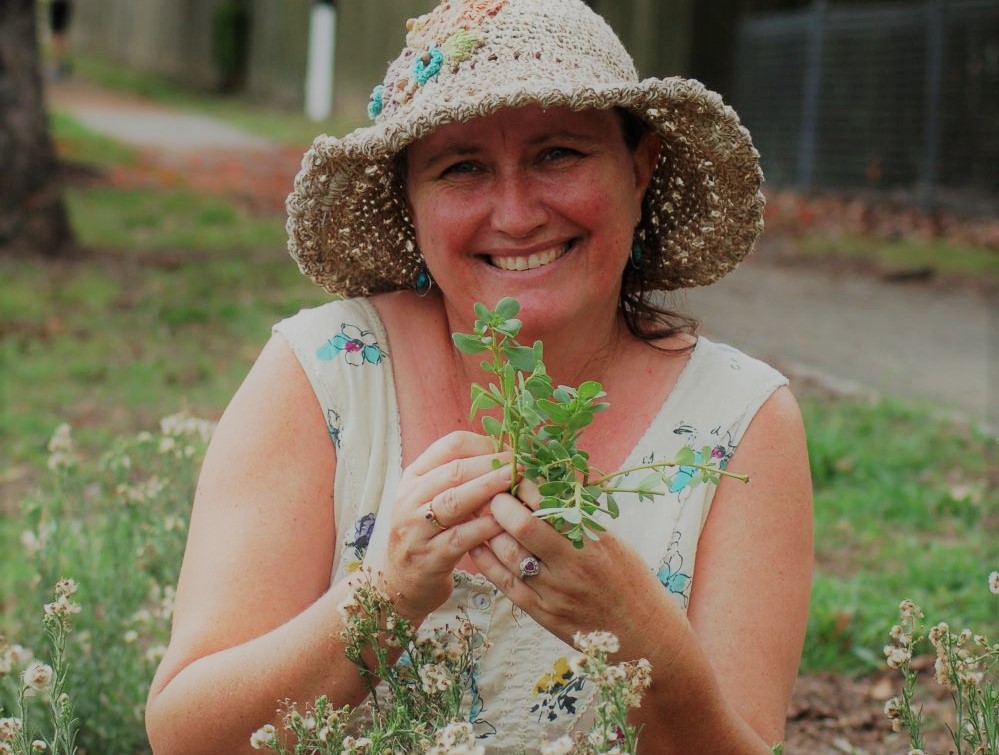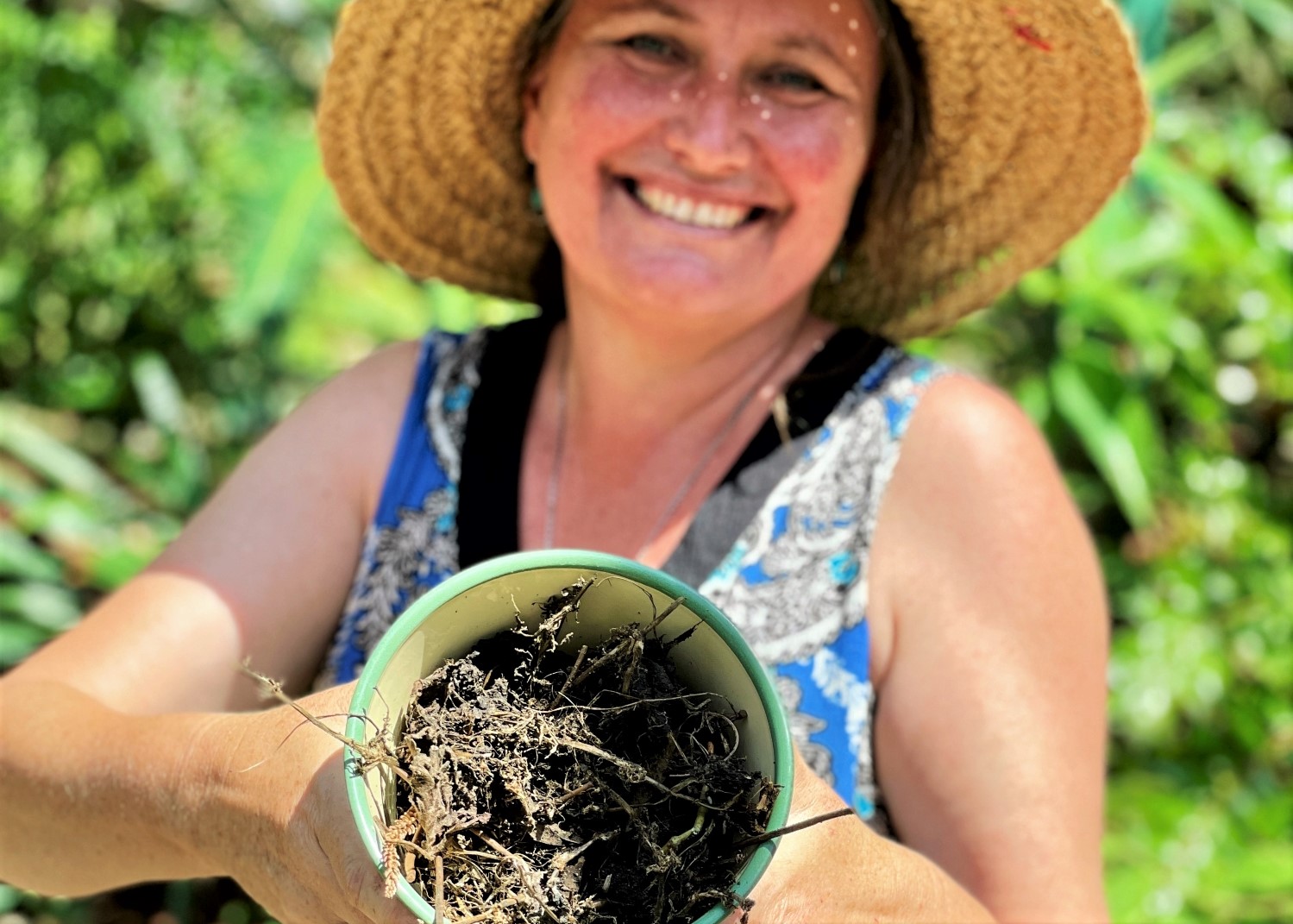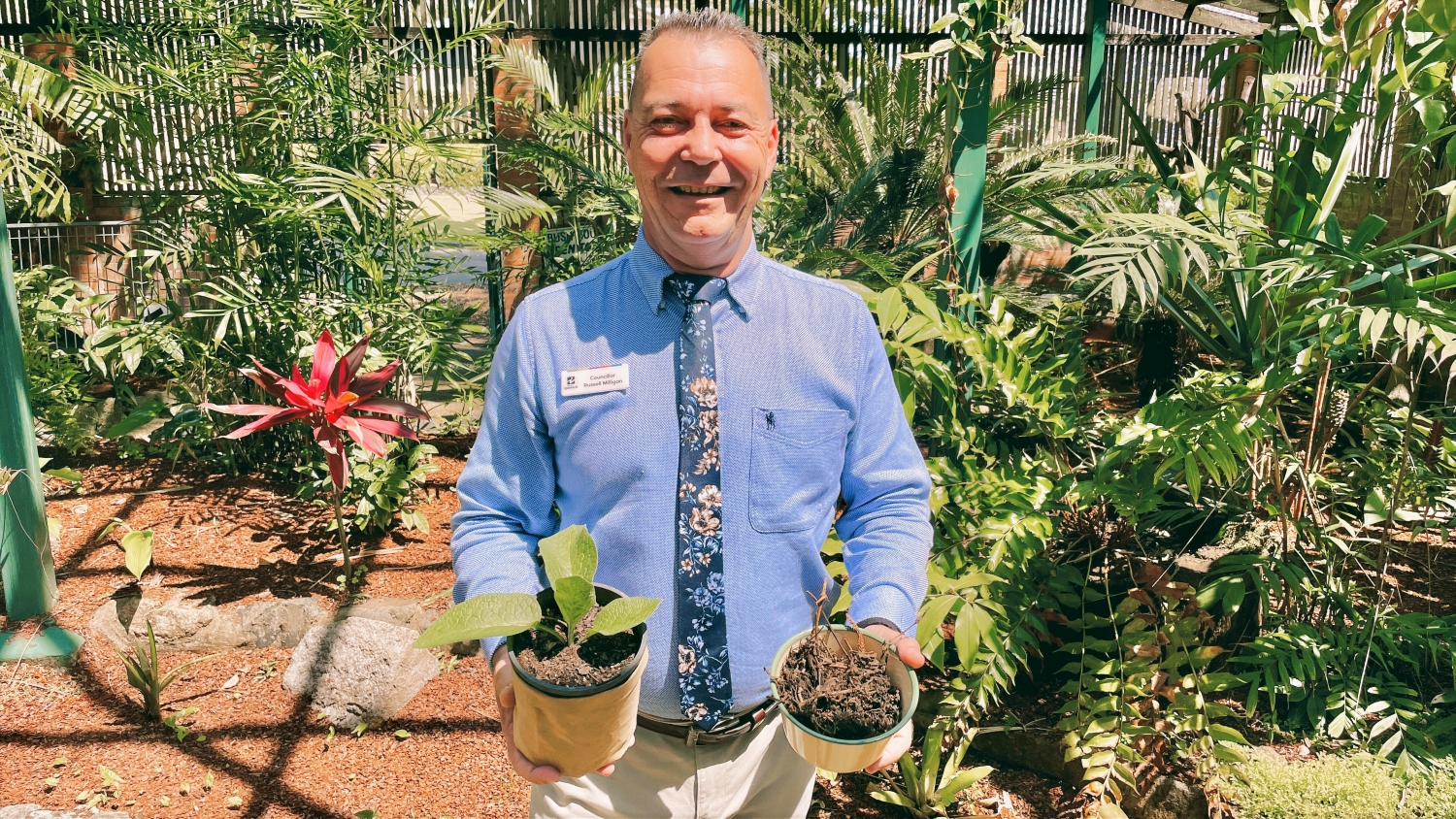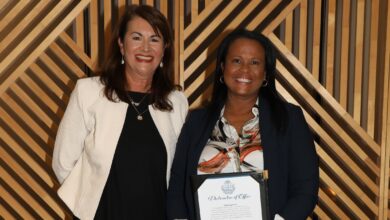Green thumbs will be itching to get their hands dirty after learning the secrets to great soil and composting at Healthy Soils with Kate Wall on 20 November, part of Sustainable Ipswich Month.
The workshop will explore a variety of soil improvement methods and ways to make home composting simple.
You will also learn how to make your own liquid fertilisers from not-so-obvious natural organic matter.
Ahead of the hands-on workshop, composting guru and gardening consultant Kate Wall has shared how liquefying your weeds can give your garden the best natural boost and make gardening easier.
Why is soil the most important part of a happy garden?
Healthy soil will give plants what they need to grow strong and healthy. Think of it like our own diet, if we have a good diet our body does not need extra vitamins and medicines.
A good, healthy soil provides plants with a balanced and robust diet, reducing the need for fertilisers and pest control.
Healthy soil also makes for less work for the gardener. As your plants are happy and healthy there is less time and money being spent on fertilising, disease control, pest control and even watering.
This means more time to enjoy the garden and more money to spend on buying more plants.

What’s your top tip for healthier soil?
My motto is, if in doubt, add compost! Healthy soils need lots of organic matter and microbes. The organic matter is essential for creating a friable, crumbly soil structure that plants can get their roots into, and it provides nutrients in the soil. The microbes are the agents that transform organic matter and minerals into food for plants.
My second top tip is to use rock minerals enhanced with extra microbes. Most Australian soils are very mineral depleted, and these deficiencies show up as a variety of different problems in plants.
By using a comprehensive rock mineral product, you can fix multiple deficiencies in one go without having to identify every single nutrient deficiency. Without microbes the minerals are not available to the plants. Microbes digest the minerals and turn them into plant available nutrients.
Are there shortcuts to improving your garden’s soil?
Yes – they include lots of compost, water and rock minerals, so long as those rock minerals include microbes and silica. The soil needs to be damp for the microbes and the worms to do their work, so a good watering and then mulch over the top of the compost will be important, too.
Why do people think composting is hard?
We have lost touch with so many natural processes and, in trying to reconnect, it is easy to be overwhelmed by the technicalities and different approaches. But composting is a natural process, and nature does not need a textbook on how to do it. Composting can be fantastically complex or as simple as a good old-fashioned heap at the bottom of the garden!
“Sustainable Ipswich Month is a way for our community to learn from each other as we progress towards a greener future.
The variety of activities give residents many ways to kick-start their journey or be inspired by new and innovative ideas to reduce waste, reuse materials and help the environment.
This month of sustainable events and workshops is one of the ways we can learn simple and easy ways to make change and promote sustainable living in everyday life, all year round.”
– Environment and Sustainability Chair Councillor Russell Milligan
What are the most common materials that are mistakenly added to compost?
The question really should be, ‘What are the most common materials mistakenly left out of compost?’ Anything organic, that was once living, can be composted. This includes eggshells, onion skins, orange peels and bones. It also includes cotton socks and underwear, paper towels, shredded paper and bamboo disposable plates – the list is surprisingly long.
Some take longer to break down than others, so the method used to compost these may vary, but they can all be added to the ordinary black compost bin.
The key thing to leave out is plastic – always take the old vegetables from the bottom of your fridge out of the plastic bag before adding them to the compost.
Lastly, what’s the best way to make DIY fertilizer?
With great soil there is almost no need of fertiliser at all. Feed the soil, and the soil will feed the plants. If your plants look like they need a good feed, give them some compost via the soil.
However, we can all do with a bit of a boost and a very effective way of giving plants a quick boost is by giving them a liquid feed.
This can be made easily at home using the weeds you have pulled out of the garden. Weeds are proficient at extracting minerals from soil that other plants cannot access. By turning them into a liquid fertiliser you are giving your plants that mineral boost they need.
Healthy Soils with Kate Wall – Queens Park Environmental Education Centre
Saturday 20 November
Admission is free but registration is essential – follow the links to secure your place.
For more information and to register for Sustainable Ipswich Month events, visit Ipswich.qld.gov.au/sustainability
Sustainable Ipswich Month is delivered through the support of the following partners:
Ipswich Libraries, Council’s Habitat Gardens Program, Ipswich Waste Services, Ipswich Nurseries, Council’s Active Kids Program, and Garage Sale Trail.
Read more:
>>> Council-first interactive program revealed for Sustainable Ipswich Month



